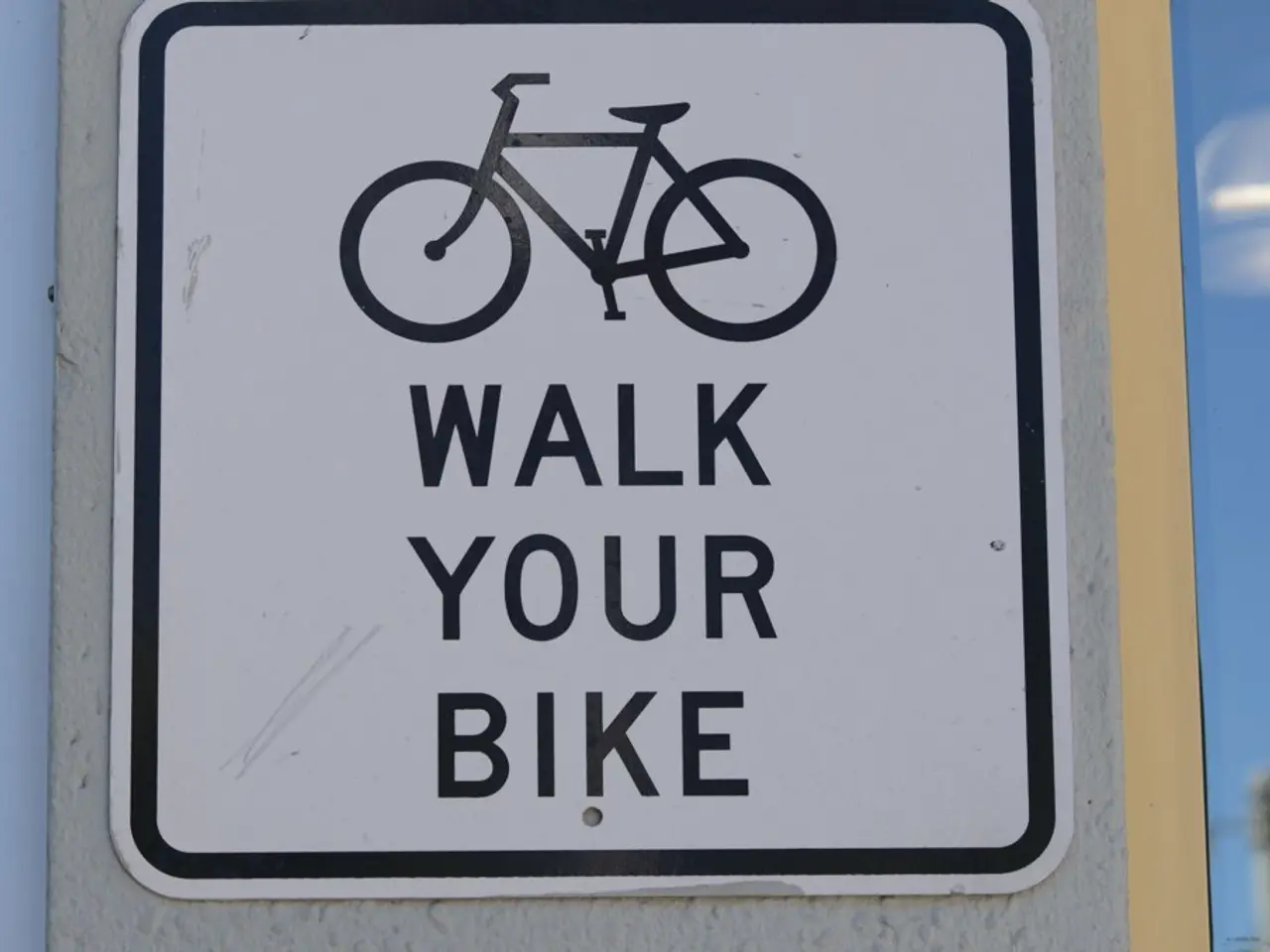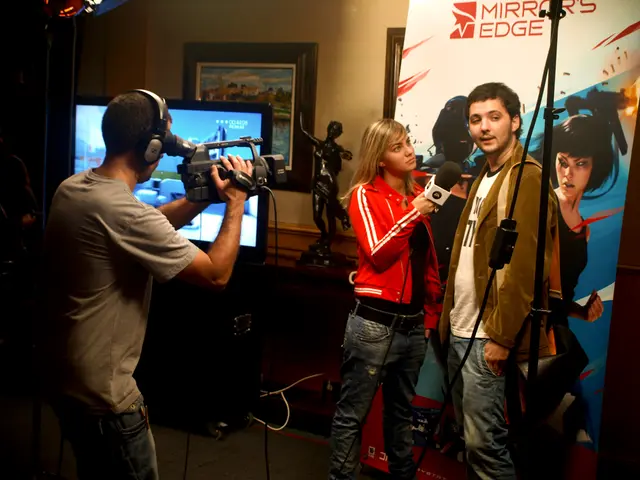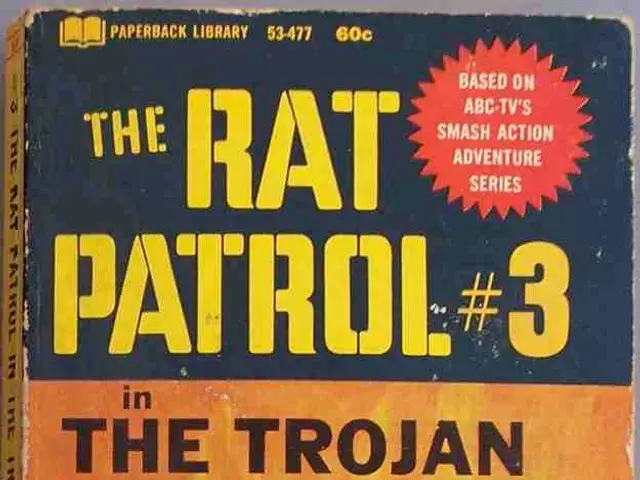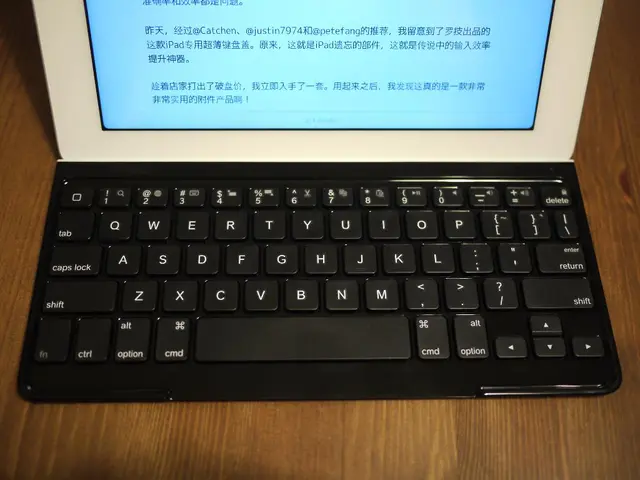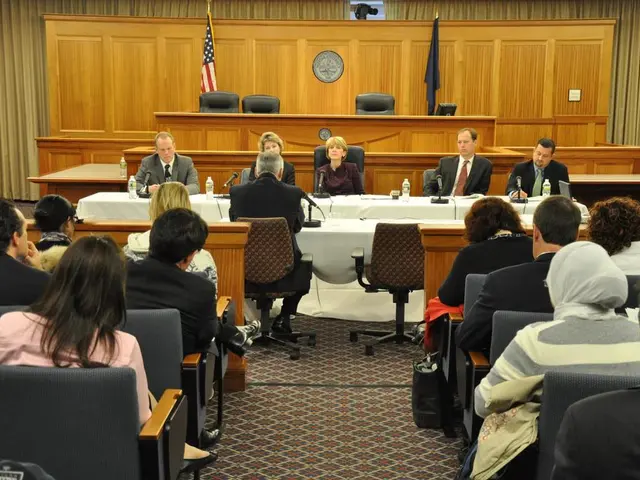Trademark Authority Rejects Defense of Humorous Take in BLACKBERRY's Lawsuit Against CRACKBERRY
In a series of recent rulings, the Trademark Trial and Appeal Board (TTAB) has demonstrated a cautious approach towards parody defenses in trademark cases. The TTAB's decision to refuse the parody defense for the CRACKBERRY mark and the LessBUCKS coffee brand serves as an important reminder of the balance between trademark owner rights and free speech interests in parody.
The CRACKBERRY and LessBUCKS Cases
The TTAB's rejection of the parody defense for the CRACKBERRY trademark highlights the principle that a successful parody defense in trademark cases typically requires a clear, humorous, or critical message about the original mark or its goods. In the CRACKBERRY case, the TTAB found that the term "CRACKBERRY," while a well-known nickname for BlackBerry devices, did not clearly convey criticism, humor, or commentary about the original products or brand.
Similarly, the parody defense was rejected for LessBUCKS, a coffee brand that played on the name of the global coffee chain Starbucks. The TTAB found that the use of "LESSBUCKS" was more commercial competition than humorous commentary or social critique, and that it was likely to cause confusion about the source of goods.
The CLOTHES ENCOUNTERS Case
In contrast, the TTAB's approach to the CLOTHES ENCOUNTERS case, involving T-shirts that parodied the movie "Close Encounters of the Third Kind," was more favorable. The TTAB found that the term "Clothes Encounters" clearly communicated a humorous message and was recognized as commentary rather than source identification. The products often included disclaimers or art that made clear the parody nature, reducing the likelihood of consumers mistaking the T-shirts as officially affiliated with the original movie.
Balancing Interests
The TTAB's approach generally balances trademark owner rights to avoid confusion against free speech interests in parody, allowing parody defenses only when the mark is clearly used for commentary or humor without misleading consumers about the origin of goods or services. This balance ensures that parody can flourish while protecting trademark owners from potential consumer confusion.
These cases serve as valuable lessons for those seeking to use parody as a defense in trademark disputes. They demonstrate the importance of ensuring that the parody is clearly communicated as such and that it does not create a likelihood of confusion regarding the source or sponsorship of the goods or services in question.
As the TTAB continues to grapple with these complex issues, the public is offered a unique opportunity to educate themselves about U.S. trademark law and the role of parody in the modern marketplace.
- In the realm of business and technology, the CRACKBERRY and LessBUCKS cases demonstrate that parody defenses in finance-related trademark cases may not be successful if the parody does not clearly convey criticism, humor, or commentary about the original product or brand.
- On the contrary, the CLOTHES ENCOUNTERS case, involving T-shirts that parodied a movie, highlights that the TTAB may accept parody defenses when the parody is clearly communicated as such and does not create confusion about the source or sponsorship of the goods, even in the field of merchandise and entertainment.
